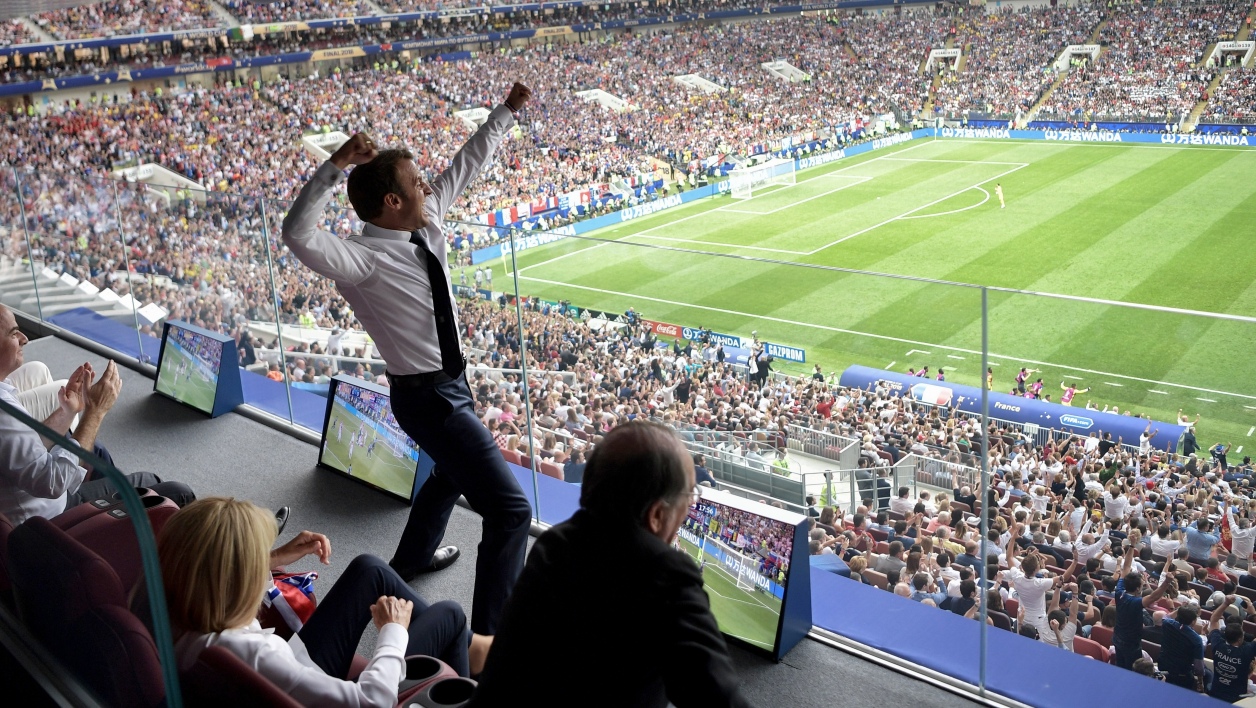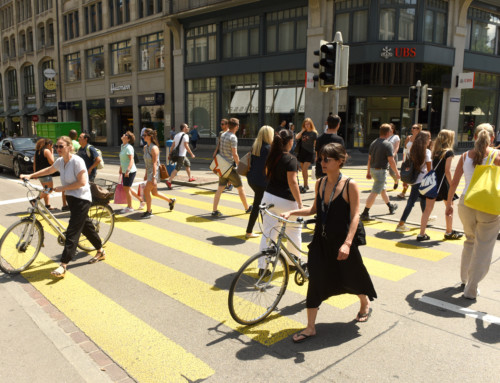France is now leading the world in a certain kind of power that is much more effective than the arms and military kind – soft power.

President Macron during the World Cup final
As the digital revolution continues to grow, power shifts are evident and moves away from governments. However, the phrase can appear deceptive, as the sort of influence that soft power wields is exceedingly persuasive and beneficial on many levels. Soft power is defined as the leadership qualities and collaborative skills needed to build strong networks, relationships and cooperation, which are considered vital to good business, economic operations and global positioning.
The Macron effect
One man, Emmanuel Macron, has strongly contributed to the the sudden surge of France into the number one spot in the Soft Power League Table: https://softpower30.com/. The index is compiled by Portland Communications who devise the list of 30 countries based on a nation’s ability to harness international alliances and increase the appeal and attraction of a country. The term was first developed by an academic – Joseph Nye – and the poll objectively assesses a range of objective digital data to measure a country’s impact.
Macron’s centrist politics that engender a balance of both social equality and maintaining the status quo have undoubtedly been a strong contributory factor, not to mention his unrivalled skills in diplomacy which have seen him smoothly dealing with leaders such as Putin and Trump with discretion and elegance. Other gestures have included loaning the Bayeux Tapestry to the UK and the gift of a live horse to the President of China.
However, other factors that have accelerated France into prime position include the growing recognition of the soft power inherent in the immense French diplomatic network, which has been acknowledged as one of the best for connections with international and multilateral organisations.
Why does soft power matter?
Since the election of Macron, France has overtaken Britain and the US in international influence and relationships and the soft power poll shows that in the modern era this is the kind of power that gets results. The poll has been largely stable for a number of years, but the recent changes in perceptions and the global shift of relations with countries such as the U.S. and UK are mirrored in the poll results.
Soft power is increasingly important as global leaders make key policy decisions based on their perceptions of other countries, and this can be witnessed in China recently coming to the forefront as a leader on green issues for instance. The poll assesses how a country is viewed in terms of culture, government, foreign policy, crime and economic innovation to cover a few of the areas analysed.
A key place for business and investment
As the digital revolution continues to grow power shifts are evident in moves away from governments and devolution into multinational companies, cities and other non-traditional institutions. In all aspects of the poll France is leading the charge with an unprecedented rise in popularity and the country is viewed as a key place for businesses and investors.
The poll has meant a shift in position for countries such as the U.K. and U.S. which have moved down the league table, in part due to Brexit and the election of Donald Trump to name some key factors that have made a difference on the international stage.
This has paved the way for the advances in French policy and diplomatic relations and has ensured the country is recognised as an innovative, modern and forward-looking environment to foster business and economic growth.
In conjunction with it’s key geographical and strategic status in Europe, and the influx of many new businesses and burgeoning tourism industry, France is now starting to yield the economic benefits of it’s soft power status.




